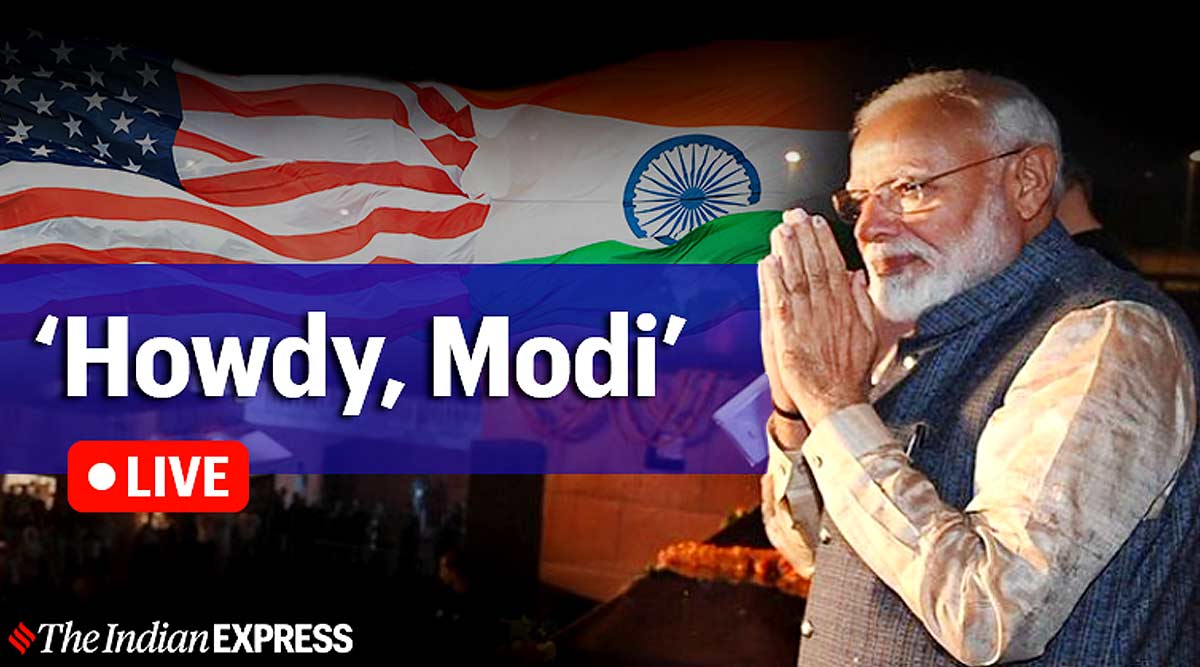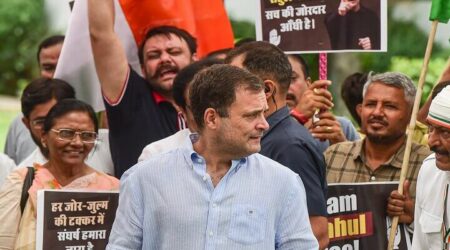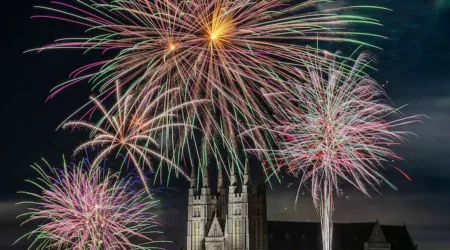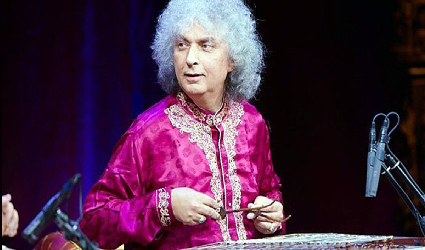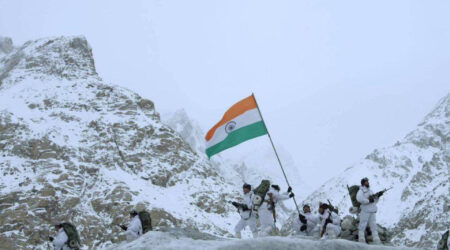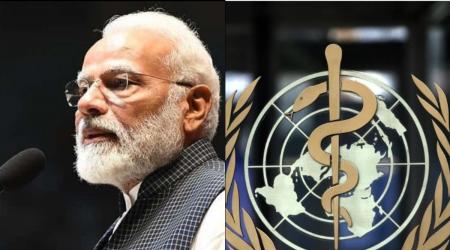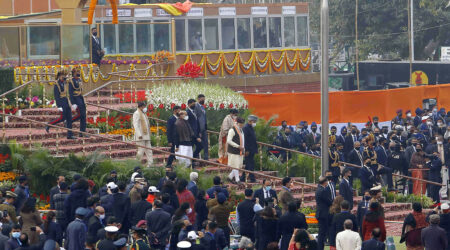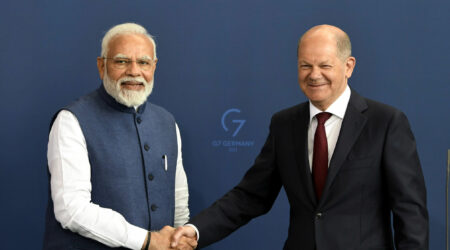New York: Indian-Americans hold “relatively more conservative” views on Indian policies – such as those affecting protection of religious minorities, immigration and affirmative active – than American ones, according to a report based on a survey of the community conducted in September last year, titled Indian American Attitudes Survey.
The report is a collaboration between the Carnegie Endowment for International Peace, Johns Hopkins-SAIS, and the University of Pennsylvania and draws on data from an online survey of 1,200 adult Indian Americans.
As an example, 90 per cent of respondents supported treating members of all faiths equally. Of these, 60 per cent expressed opposition to the ‘Muslim travel ban’ imposed by Donald Trump but only 49 per cent opposed the Indian government’s controversial citizenship law (CAA).
Similarly, 69 per cent supported the idea of liberal immigration policies. However, only 45 per cent indicated they were opposed to the equally controversial all-India NRC exercise proposed by the Indian government. 55 per cent supported less stringent policies in the United States.
To questions on ethnic majoritarianism, only 53 per cent see Hindu majoritarianism as a threat to minorities in India. However, 73 per cent view white supremacy as a similar threat in the US.

First-generation immigrants feel more connected to their motherland than members of the second generation.
“Indian Americans… believe white supremacy is a greater threat to minorities in the US, a country where they are a minority, than Hindu majoritarianism is to minorities in India, a country where Hindus (the most common faith of Indian Americans) are in the majority,” the report says.
Analyzing that response by religious faith is “instructive” the report adds, pointing out that while 70 per cent of Hindus and 79 per cent of non-Hindus see white supremacy as a threat, only 40 per cent see Hindu majoritarianism as a similar threat, compared to 67 per cent of non-Hindus.
The survey also asked respondents for the top three challenges India faces today.
Government corruption topped that list with 18 per cent of responses, with the condition of the economy narrowly behind at 15 per cent. Religious majoritarianism was third with 10 per cent.

More first generation Indian Americans feel India is on the right track compared to those born in the US.
Indian-Americans are also divided about US action to strengthen India’s military as a check against China – which only 7 per cent of respondents see as the top challenge facing the Narendra Modi government today. Only 53 per cent of foreign-born respondents and 38 per cent of US-born respondents supported that move, with the rest either in disagreement or expressing no opinion.
The division over support for the US strengthening India’s military also plays out politically – 69 per cent of Indian-Americans who identify as Republican support this, as compared to only 41 per cent of Democrats; they are also more likely to say they do not want the US to provoke China.

Corruption in government is seen as the most crucial issue facing India.
In terms of overall support, 40 per cent believe the current relationship is “just right”, while 24 per cent believe the US is “not supportive enough”.
The survey also shows that nearly 50 per cent of all Indian-Americans approve (35 per cent “strongly approve”) of PM Modi’s performance, with support unsurprisingly greatest among those who come from states where the ruling BJP is dominant – such as Gujarat – and identify themselves as Hindu and Republican.
Consequently, the data shows a heavy tilt towards the BJP as the preferred choice, with 32 per cent of respondents picking the Prime Minister’s party and only 12 opting for the Congress.
A significant portion of the Prime Minister’s approval rating comes from those between 30 and 49 years old (53 per cent) and those over 50 (55 per cent), with 43 per cent of those between 18 and 29 disapproving of him as against only 35 per cent who approved.
The report flags a three-fold difference between net approval ratings in the US and in India – a 19 per cent rating in favor of the Prime Minister in the US compared to 55 per cent in India.
Modi has indefatigably attempted to woo the Indian American diaspora, and has courted the Indian American business community to invest in his nation.

Nearly 50 per cent of all Indian-Americans approve of PM Modi’s performance. The support dilutes among younger, non-Hindu and non-Hindi speaking respondents.
U.S.-born citizens, Democrats, and non-Hindus also voted less favorably for Modi: 62 percent of Muslims said they disapproved of Modi’s performance and policy priorities. Modi also got weak approval ratings from non-Hindi speakers.
The report’s authors are Sumitra Badrinathan, a researcher at the University of Pennsylvania; Devesh Kapur, director of Asia Programs and Starr Foundation Professor of South Asian Studies at The Johns Hopkins University School of Advanced International Studies; and Milan Vaishnav, director and Senior Fellow of the South Asia Program at the Carnegie Endowment for International Peace.
“When first-generation immigrants become naturalized U.S. citizens or permanent residents, they emphasize the Indian element of their Indian American identity,” said the authors of the study.
“In contrast, their children—members of the second generation—place a relatively greater emphasis on the American dimension of their identity. Therefore, the diaspora that the Indian government has come to know is not static; Indian Americans born and raised in the United States exhibit different sensibilities both with respect to politics in India as well as politics closer to home. They are less engaged with India and more U.S.-focused than their parents’ generation, they noted.
The full report can be read here: https://bit.ly/2Z2zDhS.


